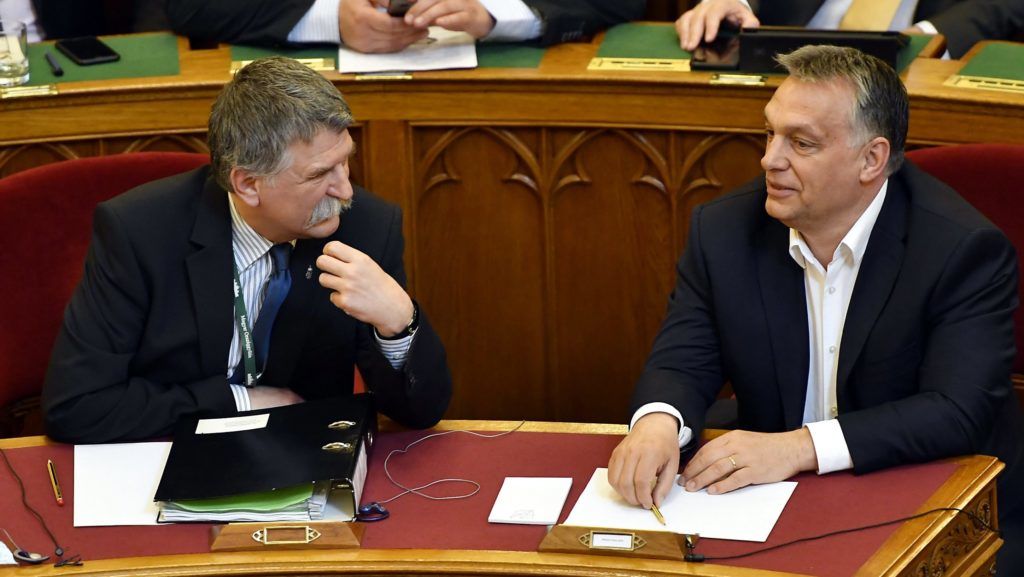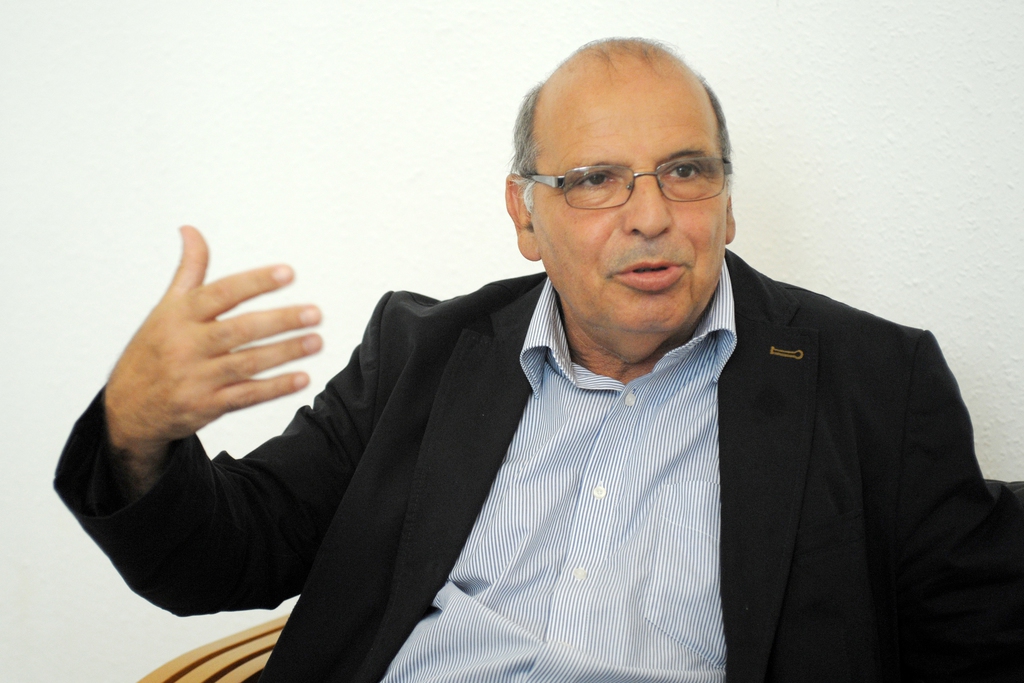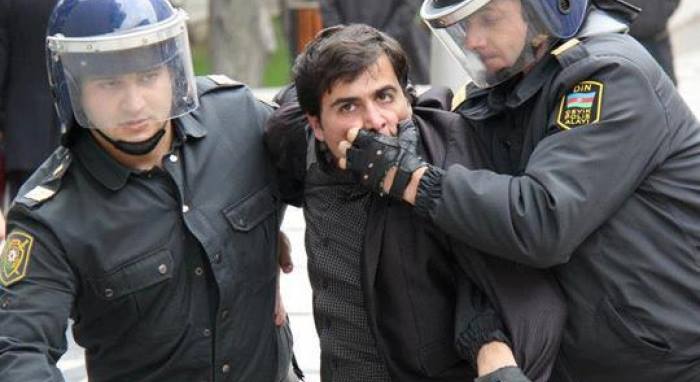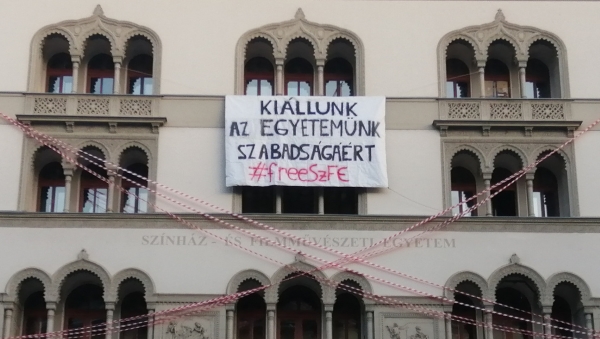The problems related to the bill are primarily of a constitutional nature, however, political and social correlations may also arise. We also agree with the seriousness of the situation caused by the virus infection and the necessity of special measures. Our previous statement, in which we drew attention to the fact that authorization of the executive power without essential content limitations is dangerous and cannot be justified, was also born in this spirit. The current bill exceeds the regulation of the extraordinary conditions of governments of laws by far, which is a sign that exercising executive power is moving towards dictatorship in Hungary. This draft would be seriously objectionable even if Hungary had been able to preserve the grounds of a government of law during NER. The bill does not put any restraint on the optional actions of the government and thus the status relying on the special order of law may be maintained until eternity. Such an authorization may not even be given to a government that otherwise respects the constitutional limits of exercising power, but the Orbán-government is not such a government and there is no argument for such trust.
With a democratic commitment we cannot pretend that the constitutional limits of the government of law are working, that there is an independent constitutional court or any guarantee that would put an end to our fears. Efficient action is vital in cases of a health care emergency, but we have no reason to accept unlimited authorization. In the current situation, democratic parties can be expected to approve only such an authorization that is necessary and does not give a green light to further stabilizing autocracy.
In the current situation- thereby proving that it does not intend to abuse the special authorization – the government may be expected to make gestures, even in the form of a political statement, that are about the respect of constitutionality and laws.
This should include that
- in accord with the current recommendation of WHO, it expresses its determination to respect the freedom of information, the freedom of press and the free expression of opinion during the time of crisis, and, in compliance with international practice, it publishes authentic regional epidemic data;
- as a measure enhancing trust, it terminates the effect of the Crisis situation caused by mass immigration that has been maintained since 2016 in a law-breaching way and is similar to the special order of law;
- it takes action in order to ensure that the media called public service media provides a forum for relevant opinions present in the society under the effective laws, so that the state media finally switches to public service mode of operation.
Although, based on previous practice of the Constitutional Court, it is
clear that objective information and the communication of true facts may not
even be punished if, as a result thereof, disturbance arises in public peace [Decision
of the Constitutional Court no. 18/2000. (VI. 6.)], such a rule of criminal law
unfulfilling the requirements of norm clarity, which does not clarify the
professional consideration criteria required for judging each case for the
legislator either, is itself suitable for making work harder for journalists
corresponding about the corona virus and civil organizations monitoring the
operation of the state during the time of the epidemic, the special order of
law and for intimidating them. It is not less of a problem, that the new
regulation also means a threat for the freedom of speech of law-abiding
citizens active on social media sites.






